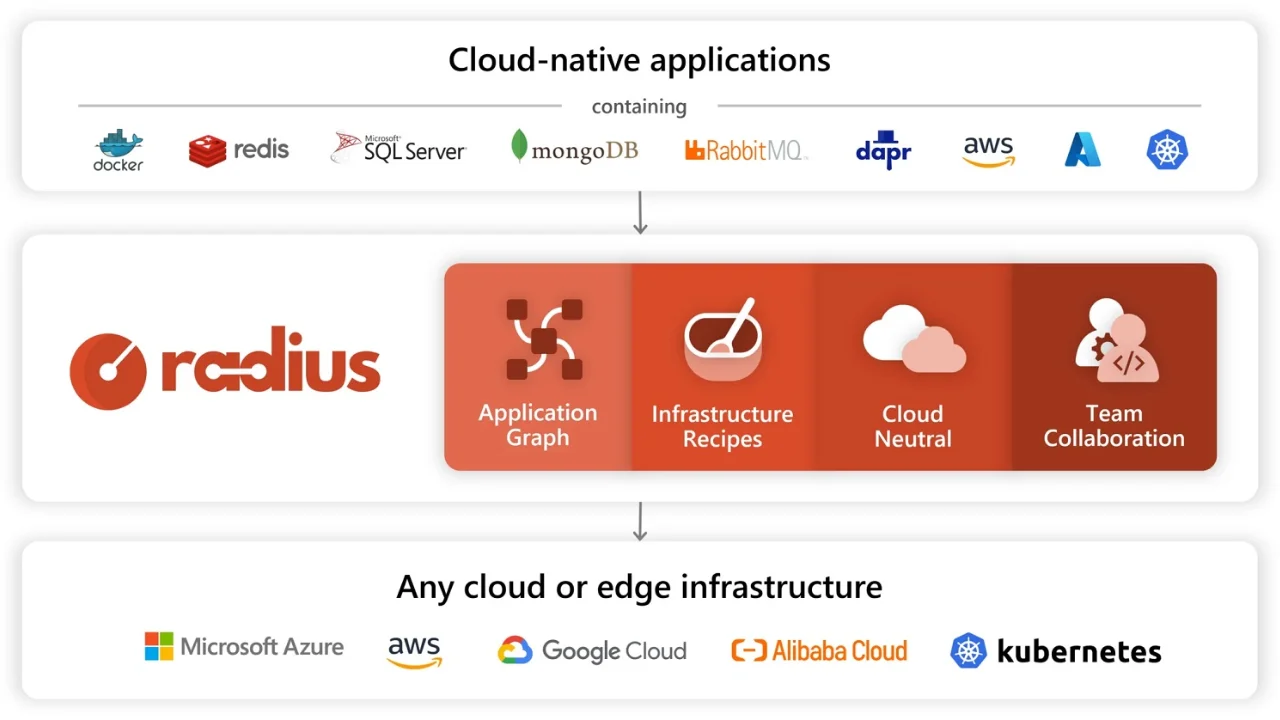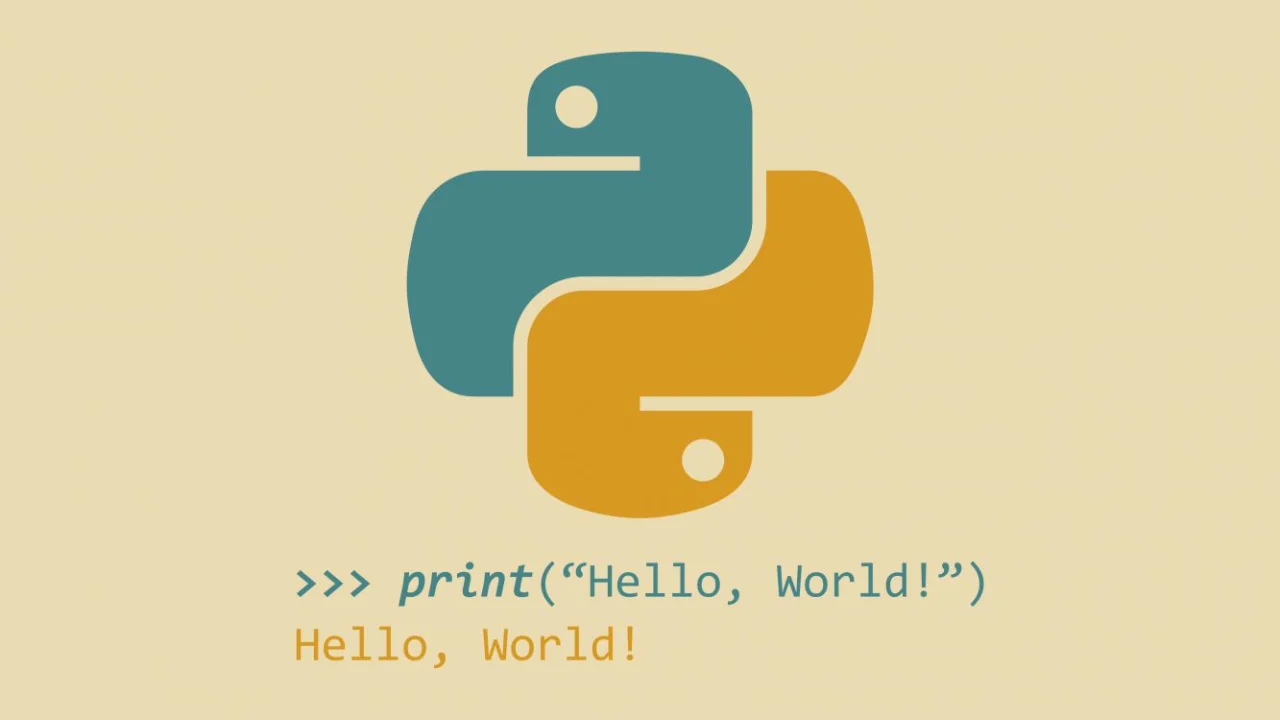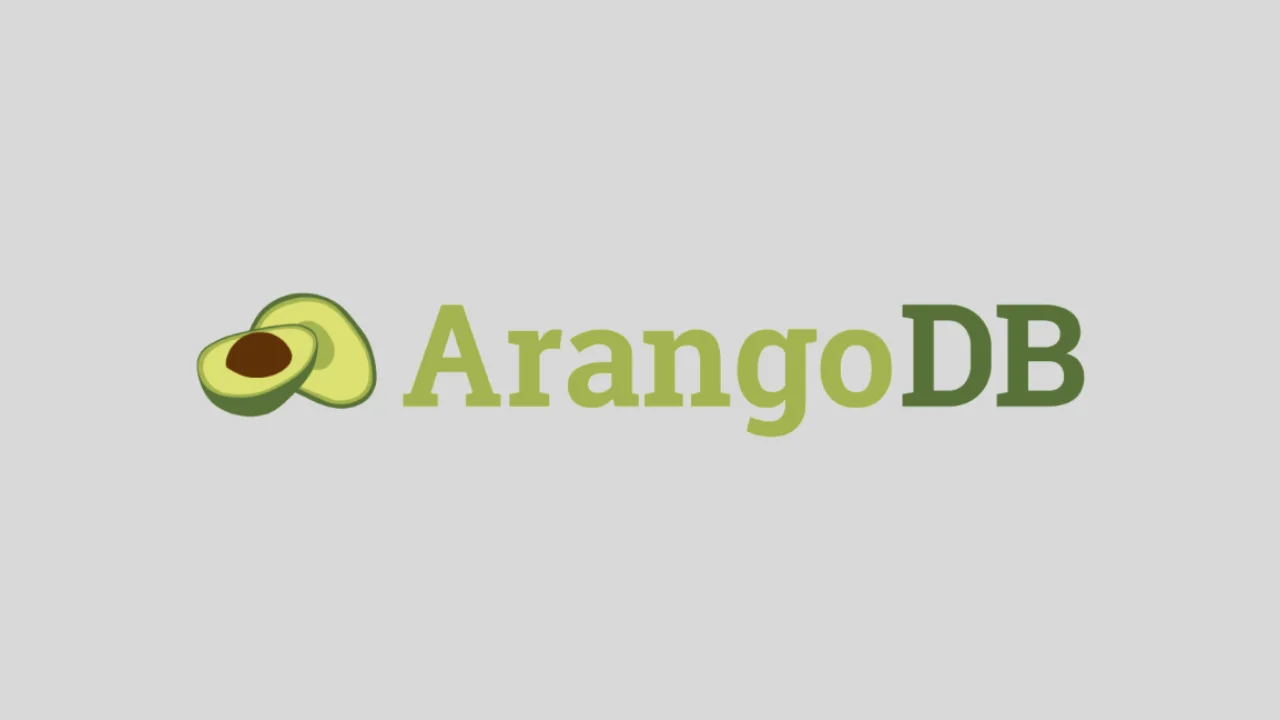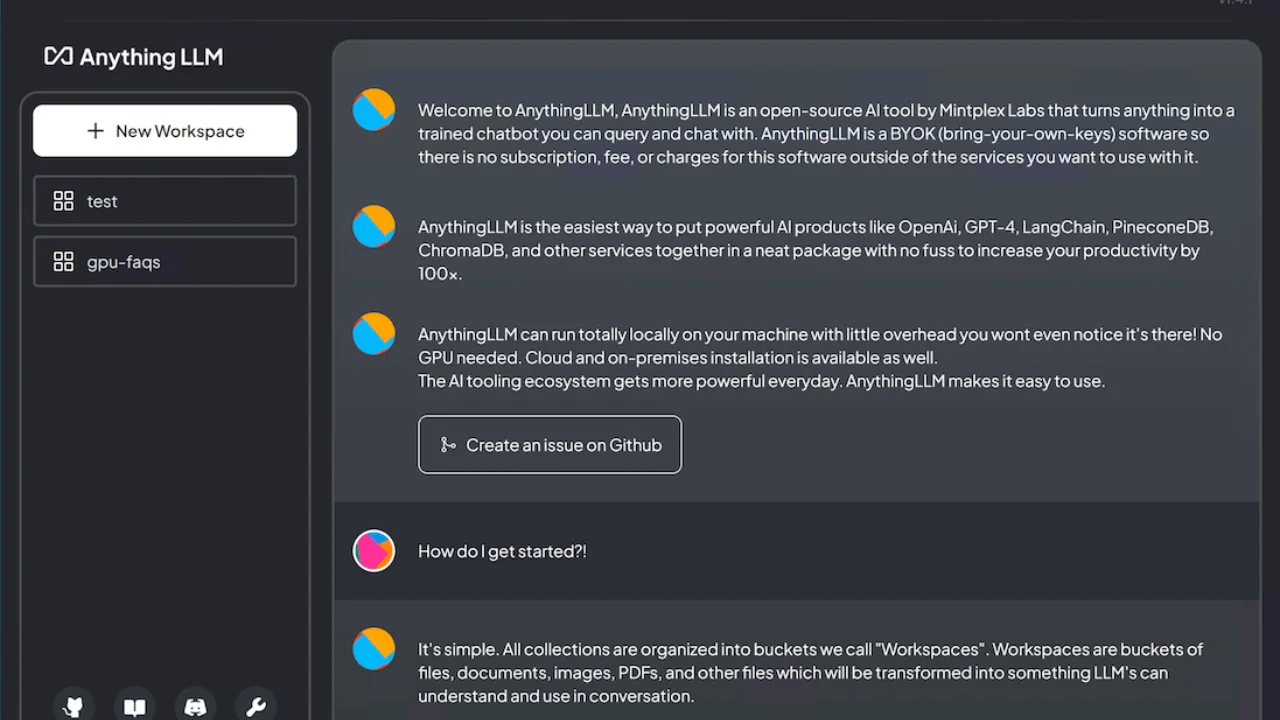
Radius is Now a Cloud Native Compute Foundation (CNCF) Sandbox Project
The Microsoft Azure Incubations Team recently announced the approval of Radius as a Cloud Native Compute Foundation (CNCF) sandbox project. Radius is a cloud-native, cloud-agnostic application platform that the CNCF has recognized as having the potential to contribute to the cloud-native ecosystem.
Radius empowers developers and platform engineers to collaborate easily in delivering and managing cloud-native applications that align with corporate best practices for cost, operations, and security. It was initiated by the Microsoft Azure Incubations Team, the same group behind CNCF projects like KEDA (CNCF Graduated), Dapr (CNCF Incubating), and Copacetic (CNCF Sandbox).
The open-project has rapidly gained traction since its announcement in October 2023, as Mark Russinovich writes:
- The main Radius GitHub repository has received ~1300 stars. A total of ~73 community contributors have made over ~350 contributions to Radius, both for code and documentation changes across all Radius GitHub repositories.
- There are ~750 members engaging in support channels at the Radius Discord server.
- The Radius project roadmap is updated monthly, and the Radius Community Meeting is held after each monthly release.
Since the public release, the Radius team and community added enhancements like deeper integration with Kubernetes and Helm, the introduction of the Radius Dashboard for visualizing application graphs, and the rollout of Radius simulated environments for improved development and testing workflows. Additionally, support for Terraform Recipes from private git repositories expands the platform's flexibility and usability for enterprises.

However, the community response to Radius has been varied. Geert Baeke, an Azure MVP, responded to the release on X in a tweet:
"For most of our customers, it’s too early. For a big part of those, it’s an extra layer of abstraction and complexity they do not need. I think it’s a great solution though and would love to use it in production to get a feel for its real world applicability."
And Carl in 't Veld, an Azure engineer at CloudNation, tweeted:
"Radius separates out recipe owners and recipe users which is key in driving secure self-service building blocks. The main blockers for me are: rbac, gitops, git identity, terraform identity, approval flows, other hosting models. This is very promising tech!"
Lastly, more details are available on the documentation pages, and Bilgin Ibryam, a product manager at Diagrid, tweeted:
"The FAQ has a great section with comparison to other tools."
Author: Steef-Jan Wiggers




